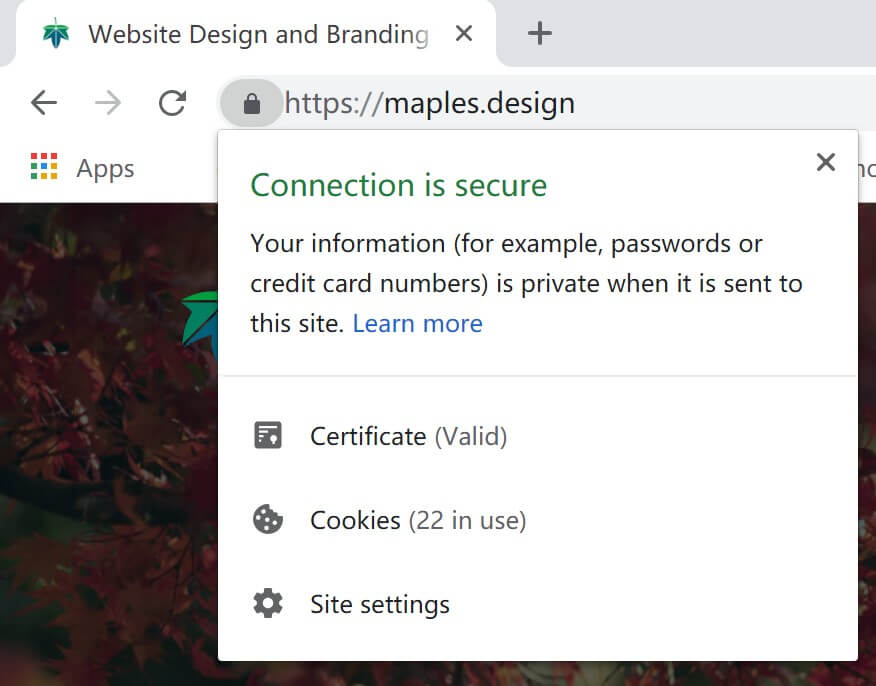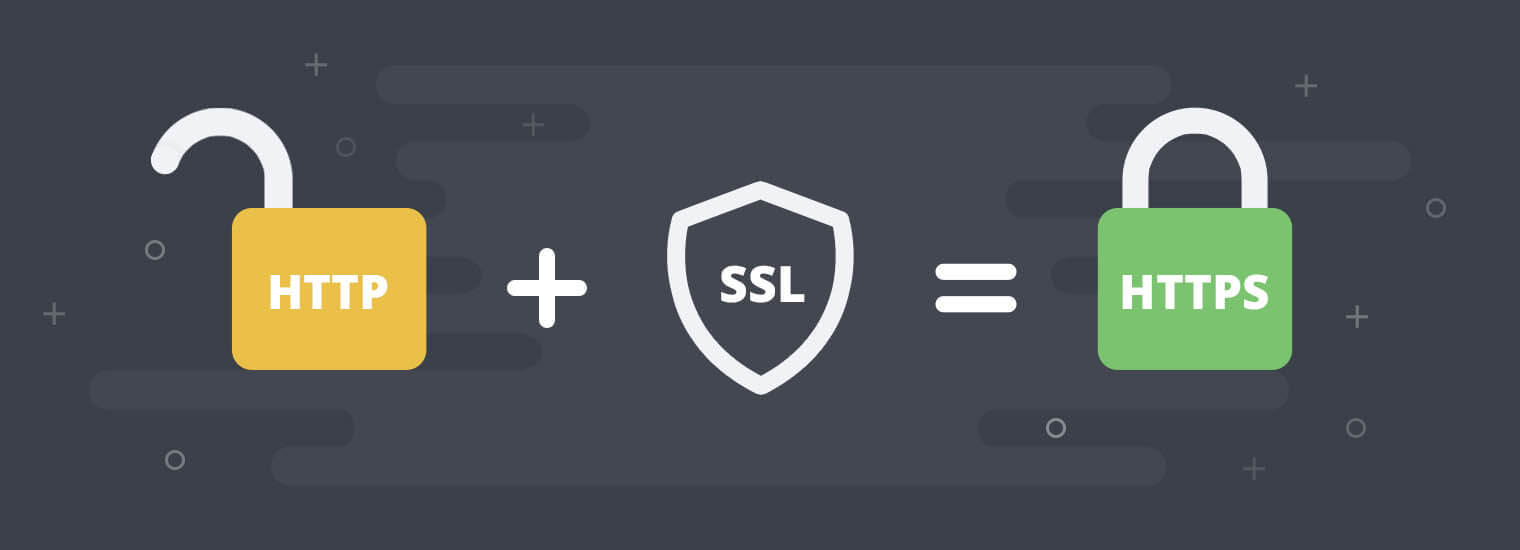What Is HTTPS and Why Is It Important?
HTTPS encrypts data to protect sensitive information from attackers, verifies that websites are authentic, and builds trust by ensuring secure communication. It also prevents impersonation and supports user confidence, making it vital for data security and online trust.
This succinct explanation highlights the importance of HTTPS in today’s digital environment. But what exactly is HTTPS, and why is it a must for your website? Let’s break it down.
HTTP vs. HTTPS: Key Differences
HTTP (HyperText Transfer Protocol) is the foundational protocol for communication between web browsers and servers. However, HTTP transmits data in plain text, making it vulnerable to interception and cyberattacks.
HTTPS (HyperText Transfer Protocol Secure) enhances HTTP by adding encryption through SSL/TLS protocols. This ensures that data remains private and secure while authenticating the website to prevent impersonation.

Top 5 Reasons Why HTTPS Is Essential
1. Protects Sensitive Information
With HTTPS, data such as login credentials, credit card numbers, and personal details are encrypted, ensuring they cannot be intercepted by attackers. This protection is crucial for maintaining user trust, especially for e-commerce and financial websites.
2. Enhances SEO Rankings
Google prioritizes secure websites in search rankings. Switching to HTTPS can improve your site’s visibility, helping you reach a larger audience. Studies show that HTTPS websites experience up to a 7% increase in traffic due to higher rankings.
3. Builds User Confidence
The padlock icon in a browser’s address bar indicates a secure connection. This visual reassurance boosts user confidence, as 77% of internet users are concerned about data privacy. Websites without HTTPS risk being labeled as “Not Secure,” which deters visitors and impacts credibility.

4. Prevents Phishing and Impersonation
HTTPS verifies that your website is authentic, preventing attackers from creating fake sites to steal user information. This authentication strengthens your brand’s credibility and protects against phishing attacks.
5. Complies with Modern Browser Standards
Web browsers like Chrome and Firefox are increasingly discouraging the use of HTTP. Secure connections are becoming the norm, and websites without HTTPS risk penalties in functionality and visibility.

How to Migrate Your Website to HTTPS
Switching from HTTP to HTTPS is essential but requires careful planning to avoid disruptions. Here’s how to do it:
Step 1. Obtain an SSL/TLS Certificate
SSL/TLS certificates are the backbone of HTTPS. Providers like Let’s Encrypt and Cloudflare offer free certificates, while premium options provide advanced features.
Step 2: Install the Certificate
Install your SSL/TLS certificate through your hosting provider’s interface. Many providers, like Cloudflare, simplify this process with automated tools.
Step 3: Update Internal Links
Replace all internal HTTP links with HTTPS to ensure consistency. Update links in your database, custom scripts, and analytics tools.
Step 4: Implement 301 Redirects
Redirect all HTTP URLs to their HTTPS counterparts to preserve SEO rankings and user navigation.
Step 5: Test for Issues
Use tools like SSL Labs Server Test to verify your SSL configuration and ensure all content loads securely without mixed content warnings.
Common Myths About HTTPS
1. HTTPS Slows Down Websites
Modern SSL/TLS protocols are optimized for speed, ensuring minimal impact on load times. Technologies like TLS 1.3 have made HTTPS faster than ever.
2. HTTPS Is Only for E-commerce Sites
All websites benefit from HTTPS, not just those handling payments. It protects user privacy, improves SEO, and builds trust for any type of site.
3. HTTPS Is Expensive to Implement
Free SSL certificates from providers like Let’s Encrypt and Cloudflare make HTTPS accessible to everyone, eliminating cost as a barrier.
FAQs About HTTPS
1. What Is the Padlock Icon in Browsers?
The padlock icon signifies that a website is using HTTPS and is secure. Users can click the icon for more details about the site’s SSL certificate.
2. Does HTTPS Improve SEO?
Yes! Google uses HTTPS as a ranking factor. Secure websites often rank higher, leading to increased visibility and traffic.
3. Can HTTPS Prevent All Cyberattacks?
While HTTPS provides encryption and authentication, it doesn’t protect against all cyber threats. It’s one piece of a broader security strategy.
Why HTTPS Is the Future
As data breaches and online fraud continue to rise, HTTPS is no longer optional. It protects your users, enhances your website’s credibility, and ensures compliance with modern web standards. Whether you’re running a blog, an e-commerce store, or a corporate site, HTTPS is a must.